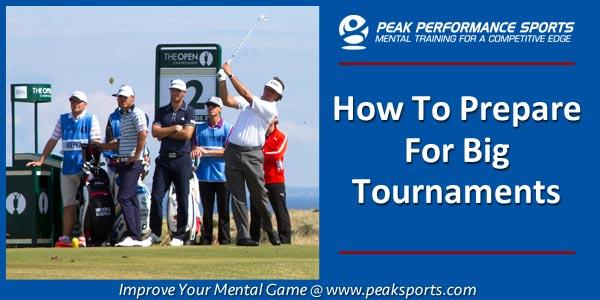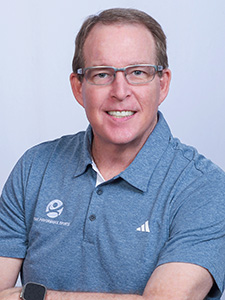
How Do The Best Golfers Get Ready For The Masters?
The 2015 Masters starts this week. How do the best golfers in the world prepare for the biggest golf event of the year?
How does Phil Mickelson prepare for Augusta? He’s not only preparing his game for Augusta, but he’s mentally ready.
Just driving down Magnolia Lane changes his perspective on playing good golf….
“I think driving down Magnolia Lane is rejuvenating. It gives me a new energy. It’s exciting. And I think that that energy helps me work hard, play hard and focus better and play my best,” he said.
Mickelson knows that to play his best, he needs to feel energized. Mickelson uses the additional energy to work harder on his game and to play his best.
What’s interesting is how the golf course can change his mindset. As Bob Rotella says, “Golf is not a game of perfect.” Playing Augusta helps to free up Phil because he feels he doesn’t have to hit perfect shots to score well.
“The thing about Augusta is that for me personally, I don’t feel like I have to be perfect, so it relaxes me,” Mickelson said.
“Even though I may not have my best stuff on any given day, I still feel like I can shoot in the 60s and I still feel like I can make pars and birdie some holes to shoot a decent number.”
That’s great news for Mickelson’s aggressive style of play.
Trying to play perfect golf never works, especially if you play as aggressive as Mickelson.
Putting in the preparation to prepare your game for a specific golf course can help to ease your mind and give the a sense of confidence.
For example, understanding the speed and slope of the greens and how to putt on Augusta National is part of his preparation and mindset.
“You have to putt so defensively on these greens, and the stroke and contact is so lacking authority that it’s hard to keep balls on line, and balls will continue to drift down the slope,” Mickelson said.
He understands that sometimes you have to take on short putts without worrying about leaving yourself an 8-footer coming back…
“But with that being said, you can’t putt defensively thinking about that. And sometimes, you’ve got to take on some putts, some 4‑ or 5‑footers, take some break out, realizing it’s going to go 12 feet by if you miss it. That’s just part of playing Augusta, picking and choosing what putts of those you want to take some risk.”
How to Prepare for Big Tournaments:
- You’re going to play your best when you’re excited to play, not anxious about results.
- You’re not perfect. Your game isn’t perfect. The course isn’t perfect. Don’t attempt to play to perfection. Play functional golf instead.
- Practice the parts of your game that will transfer to playing well on the specific course you play.
If you are struggling with your mental game on the course, contact us today about one-on-one mental coaching!
Related Sports Psychology Articles
- How Sergio Garcia’s Mental Game Helped Him Win The Masters
- Jordan Spieth’s Meltdown At The Masters
- From Masters Meltdown To US Open Champion: Dr. Patrick Cohn Explains Rory McIlroy’s US Open Triumph
*Subscribe to The Sports Psychology Podcast on iTunes
*Subscribe to The Sports Psychology Podcast on Spotify
Download a free sports psychology report to improve your mental game!
Learn more about our one-on-one mental game coaching.
Golfer’s Mental Edge

What’s the big sign that your mental game is the weak link in your golf game? When you can’t play consistently as well as when you play a practice or casual round–or your range game is way better than your game on the course. If you suffer from lack of focus, low self-confidence, poor composure or other mental game obstacles on the course, you can’t reach your true potential in golf.
The Golfer’s Mental Edge 2.0 Audio and Workbook program is ideal for any amateur, collegiate, junior, and tour professional golfer.
Golf coaches and instructors would also be wise to teach “The Golfer’s Mental Edge 2.0” principles to their players. This program is perfect for any golfer who wants to improve performance and consistency by managing their mind better on the course.

